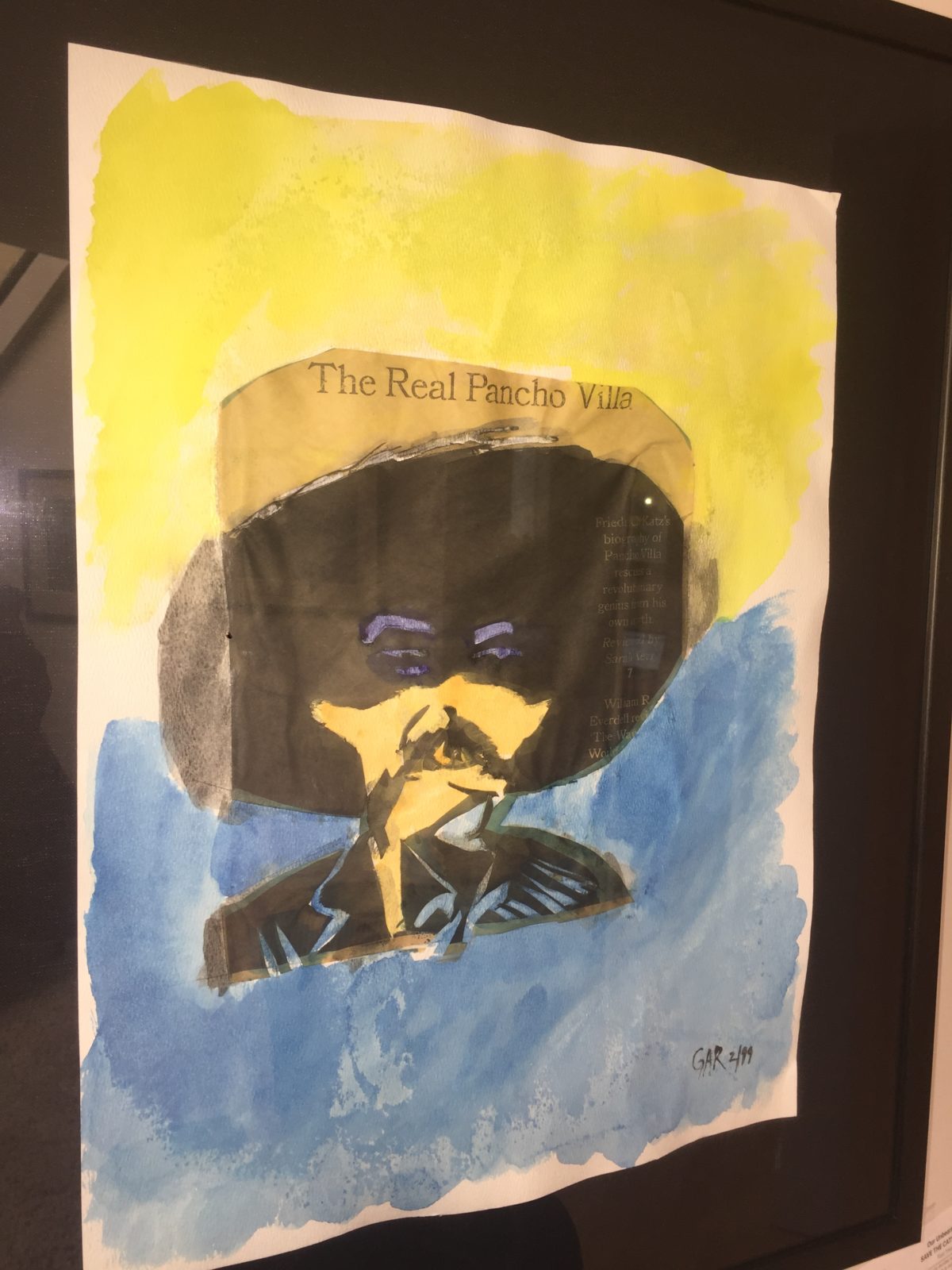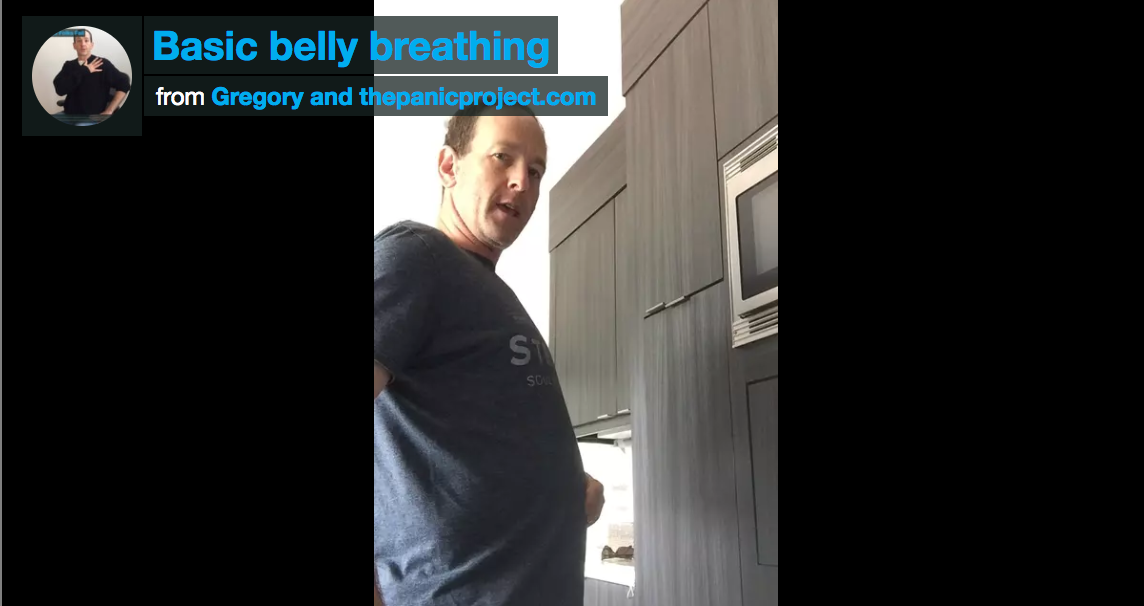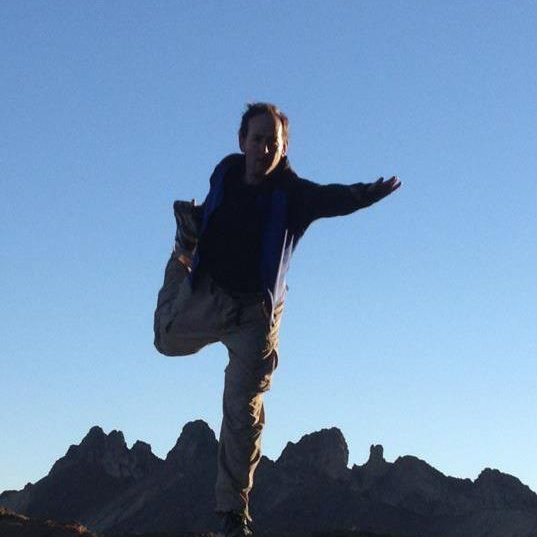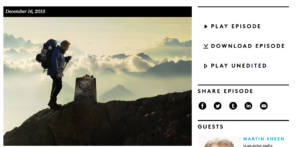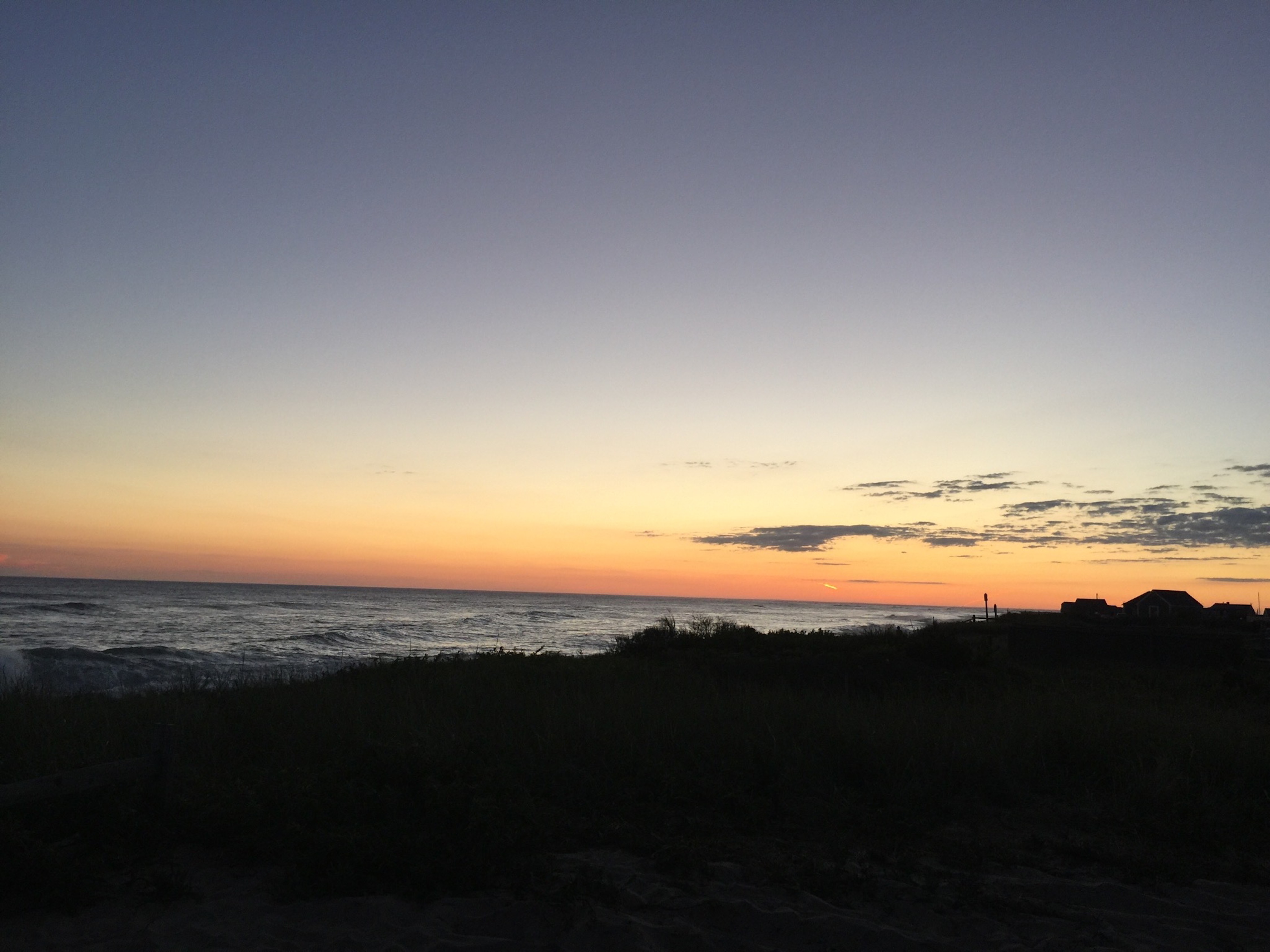Admit it. You don’t trust yourself.
Once you start this practice, I guarantee you will smile.
Because humans have a negative tendency towards self-trust, we often need tools to see the bigger picture.
This morning I listened to Tara Brach’s podcast on Trust. I’d like to apply her concept of the Portal of Freedom head on. Unless we learn to trust ourselves deeply, we feel separate, sometimes anxious and are limited.
No one us want to live a limited life. I want to get the most out of every moment on Earth. Don’t you? Sure, you do.
And yet, if I told you that all you had to do was “listen to yourself” deeply, you would turn me off and probably continue to look else where for an answer. Frankly, I don’t mind if you turn me off. Just do not turn YOURSELF OFF.
I finished off yesterday in a funk. Without going into why because it does not really matter (I really believe that), I knew my mind had changed state and that I was not in what I’d call my optimistic state of mind. I watched it happen. I was aware that my mind had shifted and was like wow, I’m in a funk, what do I feel, what thoughts are going thru my mind? I literally watched myself in it and thru it – which itself I am quite proud of. Often, we are not aware that we are in a funk until after we pass thru it – but this time, I say my shoulders roll in, I felt a tightening
I was aware that my mind had shifted and was like wow, “I’m in a funk.” I asked myself, “what do I feel, what thoughts are going thru my mind?” I literally watched myself in it and thru it – which itself I am quite proud of (and, no big deal, you probably do this too). Often, we are not aware that we are in a funk until after we pass thru it – but this time, I saw my shoulders roll in, I felt a tightening under my left breast muscle and my neck felt tighter. I even was aware that my mind felt “tight,” what ever that means to you. It is the closest word I can describe. I felt limited, quiet and a bit withdrawn. I could see it actually.
So what did I do to change the state?
Well, first, my meditation practice* which is a practice of listening and watching all thoughts and feelings took note. “Took note?” You wonder?
“Took note?” You wonder?
Yup. When I started an almost everyday meditation practice I thought the goal was stillness but for me it has become more about simply listening and taking inventory, not mere stillness. By being still in my mind and not chasing any one thing, I can see and more accurately listen to tons of thoughts and even listen and feel for feelings. I’m just sitting there saying to myself: “Hello thought coming from the left side,” “Hello feeling in my left shoulder,” etc. etc.
Then, to take up Tara Brach’s observation, I can begin to trust myself. I know that word is a loaded word but really. Once I begin to listen to myself, and not get baited into one or another thought and feeling, I arrive in this place of a big smile.
“A big smile?”
Yes. I caught myself smiling as I just sit there on my internal river bank, watching all of these things flow. I am not one of the things, I am all of them. I am limitless.
And with that, I build these (to borrow a word, I think, from Master Systema Martin Wheeler teacher) “little kernels of confidence).
If you keep an “I Wish Journal” or set your intentions every day, maybe you will envision what it looks like to trust yourself to listen to yourself.
Maybe you’ll envision what that looks like if you could hear everything inside your mind and body.
What would that look like for you?
And how would it feel in your mind? What about how it would feel in your body?
And what would it feel like to trust yourself? Despite all of your quirks?
For me, it is mostly wonderful because I know I control so little. And yet, if I can trust myself and also get better at listening to myself (aka to truly know my gut), how limitless will life be? Wow. Quite.
Have a great day.
Gregory
*If you’d like to chat about my meditation practice or want free help with yours, please just ask.
Check out my other writings on Thrive Journal: https://journal.thriveglobal.com/@garutch
Ps. This takes my other concepts from outside Does Your Mind Search Search for Joy?, to a purely internal search.
pss. Tara Brach reminds us that “Namaste” technically refers to: I see the good ness in you. She suggests we start by seeing the goodness inside our self. For more on Tara Brach
